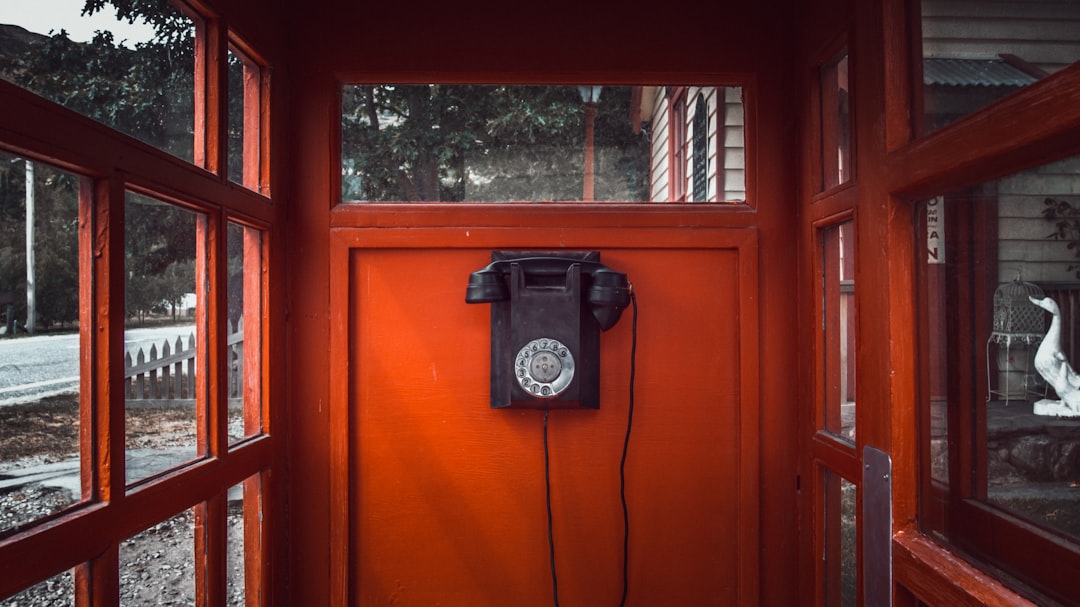Spam calls in Pennsylvania have increased by 45% since 2019, prompting residents to take action. They can protect themselves by registering on the National Do Not Call Registry, using call-blocking apps or phone service provider features, and staying informed about scams targeting specific demographics and areas, especially urban centers like Philadelphia. By implementing these strategies, Pennsylvanians can reclaim control over their communication and create a safer digital environment.
“In Pennsylvania, as across the nation, the landscape of unwanted spam calls has evolved into a complex web affecting millions. Understanding the prevalence and sources of these intrusive calls is the first step towards reclaiming control over your communication. This article guides you through the intricacies of the spam call problem in Pennsylvania, offering insights on identifying and blocking these calls, as well as exploring the state’s regulatory framework to protect consumer rights. Learn effective strategies to navigate this modern-day nuisance and discover how to stop spam calls in Pennsylvania.”
The Prevalence of Spam Calls in Pennsylvania

In Pennsylvania, like much of the country, spam calls have become an increasingly pervasive and irritating issue for many residents. With the rise of sophisticated technology, scammers and telemarketers employ various tactics to target consumers, leading to a significant increase in unwanted phone calls. These spam calls often pose as legitimate business inquiries, prize notifications, or even emergency warnings, aiming to manipulate recipients into providing personal information or making purchases.
To combat this growing problem, Pennsylvania residents have several options available to them when it comes to how to stop spam calls. Implementing simple yet effective measures such as registering with the National Do Not Call Registry and utilizing call-blocking apps or features offered by their phone service providers can significantly reduce the volume of spam calls received. Staying informed about common scams and learning to recognize suspicious caller IDs are also crucial steps in protecting oneself from these relentless intrusions.
– Statistics and trends in spam call volume in the state

In Pennsylvania, like many other states, the landscape of spam calls has evolved significantly in recent years. According to a report by the Federal Communications Commission (FCC), the state experienced a 45% increase in consumer complaints about unwanted robocalls between 2019 and 2020 alone. This surge highlights the growing problem of spam calls, which not only disrupt daily life but also pose security risks. To combat this issue, residents of Pennsylvania can take several steps to reduce the volume of spam calls they receive, such as registering their numbers on the National Do Not Call Registry, using call-blocking apps, and being cautious about sharing personal information online.
Trends indicate that spammers are becoming increasingly sophisticated in their tactics, leveraging advanced technology to target specific demographics and areas. For instance, Pennsylvania’s large urban centers like Philadelphia might see a higher concentration of spam calls due to the density of residents and businesses. However, even rural areas are not immune, as spammers have adapted to reach a broader audience. Understanding these trends is crucial for Pennsylvanians seeking to protect themselves from spam calls. By staying informed about common scams and leveraging available tools, individuals can regain control over their communication channels and ensure a safer digital environment in Pennsylvania.
– Common sources and types of spam calls affecting Pennsylvanians

Pennsylvanians often find themselves on the receiving end of unwanted spam calls, a persistent and increasingly sophisticated problem. Common sources include telemarketing firms, scam artists, and automated systems designed to target as many phone numbers as possible. The types of spam calls vary, from prerecorded messages promoting products or services to live agents attempting to sell everything from insurance to foreign investments. Some calls even impersonate local businesses or government agencies, aiming to trick recipients into sharing personal information.
To combat these relentless spam calls, Pennsylvanians have several options. Implementing robust call blocking features on their phones is a good starting point. Many modern devices offer built-in tools to identify and block specific numbers. Additionally, consumers can register their phone numbers on the National Do Not Call Registry, which restricts telemarketing calls but may not stop all spam. Using apps designed to filter and block spam calls is another effective strategy. These apps learn and adapt to new patterns, providing an extra layer of protection against ever-evolving spammer tactics.






